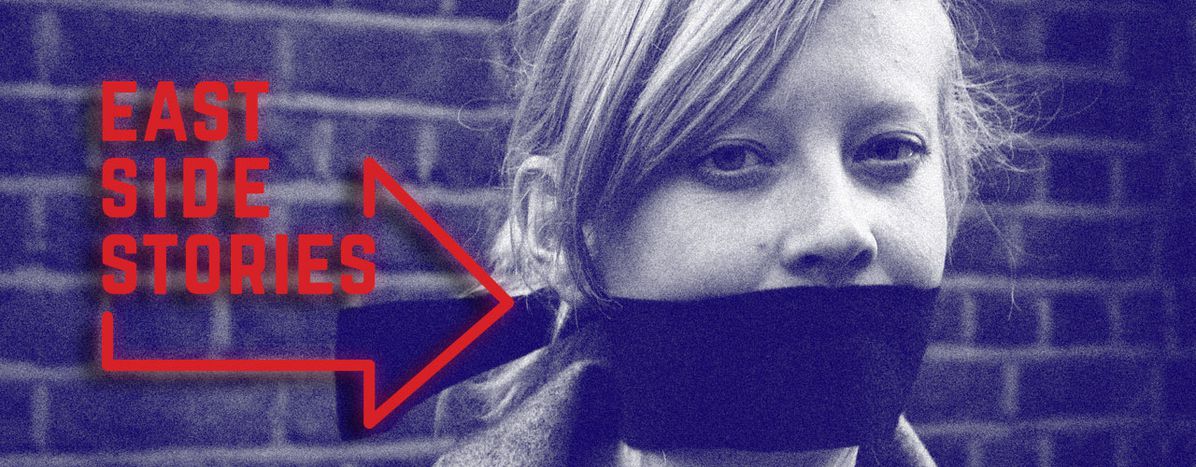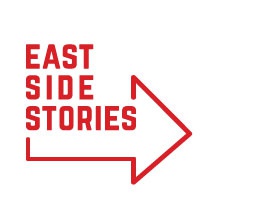
Press freedom in Bulgaria: No country for old values?
Published on
It is 65 years since the Council of Europe affirmed that "freedom to hold opinions and to receive and impart information and ideas without interference by public authority and regardless of frontiers" was a requirement. In today's Bulgaria this is still wishful thinking.
Contrary to my previous convictions a lack of free speech doesn't only exist in Bulgaria because of the power of "untouchable" landowners, oligarchs and big capital, but also due to the silent complicity of journalists, consumers, and regulatory bodies.
A quick search from my desk is enough to discover problems, propose solutions and expose this obedience to authority. The overall picture could be summarised by a lack of transparency in media ownership, a decrease in media pluralism and a decline in freedom of expression.
Reporters without Borders and their 2015 Annual World Press Freedom Index put Bulgaria in last place out of the 28 EU countries, and it was ranked 106th out of a total of 180 states surveyed – having dropped 6 positions when compared to the previous year.
What is even more worrying is the fact that just a few years ago (in 2006) the country was in joint 35th place. This means that over the last 9 years it has dropped 71 positions. Interestingly enough, Bulgaria joined the European Union in 2007 and since then the situation seems to have gone from bad to worse.
"Widespread abuse of power" and "the close intertwining of oligarchs and political power, which is poisoning the market" were among the reasons quoted for the retreat of one of the biggest foreign media owners in the country - the German conglomerate Westdeutsche Allgemeine Zeitung (WAZ), which sold off all its Bulgarian titles a few years ago.
This was just the beginning. Other big players such as Rupert Murdoch’s News Corporation and the Swedish publisher Bonnier also withdrew from the Bulgarian market. Their official explanation was the 2008 global economic crisis.
However, last year a joint statement from the German and French ambassadors in Bulgaria disclosed some of the real reasons, including the increase in the concentration of the ownership of print and electronic media under opaque terms and an oligarchic model threatening democracy, leading to the creation of a "state within the state".
"Read all about it!" (295 times...)
How did we get here? Is it really that bad? Or has EU criticism become habitual when it comes to Bulgaria? There are 295 newspapers in total (including 55 daily newspapers), 85 radio service providers and 112 television service providers in the country, according to data from the National Statistical Institute regarding 2014*. One would assume this would lead to diversity, but in fact "the current commercial media landscape in Bulgaria is characterized by the prominence of very few owners who are therefore placed in an oligopolistic situation" – as claimed a report by Nils Muižnieks, EU Human Rights Commissioner, following his visit to Bulgaria in February 2015.
Other issues raised in his report include the distribution of newspapers in kiosks – which is close to a monopoly – and the lack of independence of Bulgarian media from economic and political pressure. In particular, he quotes misused advertising revenues by external entities such as private companies, and public authorities exerting influence on the editorial content of media outlets.
Despite the fact that there are no official state or business subsidies for the press, different government bodies spend a lot of money on advertising, which makes them the main media “sponsor”. It would be interesting for Mr. Muižnieks and his colleagues to know that over the 2009-2013 period, state administration directed over 19.5 million dollars to private media companies through advertising and information campaigns. Most of this money came from EU funding programs.
Thus, it’s only logical that neither the state nor such businesses have an interest in refuting this convenient cover story surrounding their cynical relationship. The same goes for a majority of journalists – very few of them would risk compromising their own existence by speaking out against their influential owners. In this way, self-censorship has become one of today's most negative tendencies; a phenomenon that is already a rule, and not an exception.
A "public secret"
So who are these owners? Most people would say it’s a “public secret”, that the biggest player – New Bulgarian Media Group (NBMG) – is linked to Irena Krusteva, mother of the controversial MP and businessman Delyan Peevski. "Officially, Peevski has no property, but it is widely assumed that he controls vast economic interests, and a powerful media group, which is waging a dirty war against his political opponents,” claims an April 2015 EurActiv report.
There are others, like Ivo Prokopiev and Sasho Donchev, but despite the serious influence their media channels have on public opinion, the overall share is minor compared to the NBMG Empire. Unfortunately the public media regulator is seriously discredited and ineffective. There are also no legal requirements for disclosing media ownership, thus there is no official way of knowing who owns what, or what other business and political interests they have.
On one hand, there's economic and political pressure. On the other, there's the fact that all necessary legal and regulatory reforms depend on political parties. Combined, this gives us no reason to believe that there will be even a minor improvement in the near future.
Furthermore a recent survey on freedom of speech conducted by AEJ–Bulgaria amongst 143 local journalists revealed that 53.8% admit that they were personally prevented from freely exercising their profession, whilst 72% say they witnessed their colleagues being subjected to undue pressure. Yet barely any of them speak publicly about such unprecedented censorship.
---
This article is part of our East Side Stories project. Through fighting the most common clichés levelled at Southern and Eastern Europe, it aims to keep the European idea alive by raising awareness, creating dialogue, exchanging ideas and reporting beyond the mainstream media.
 ---
---



